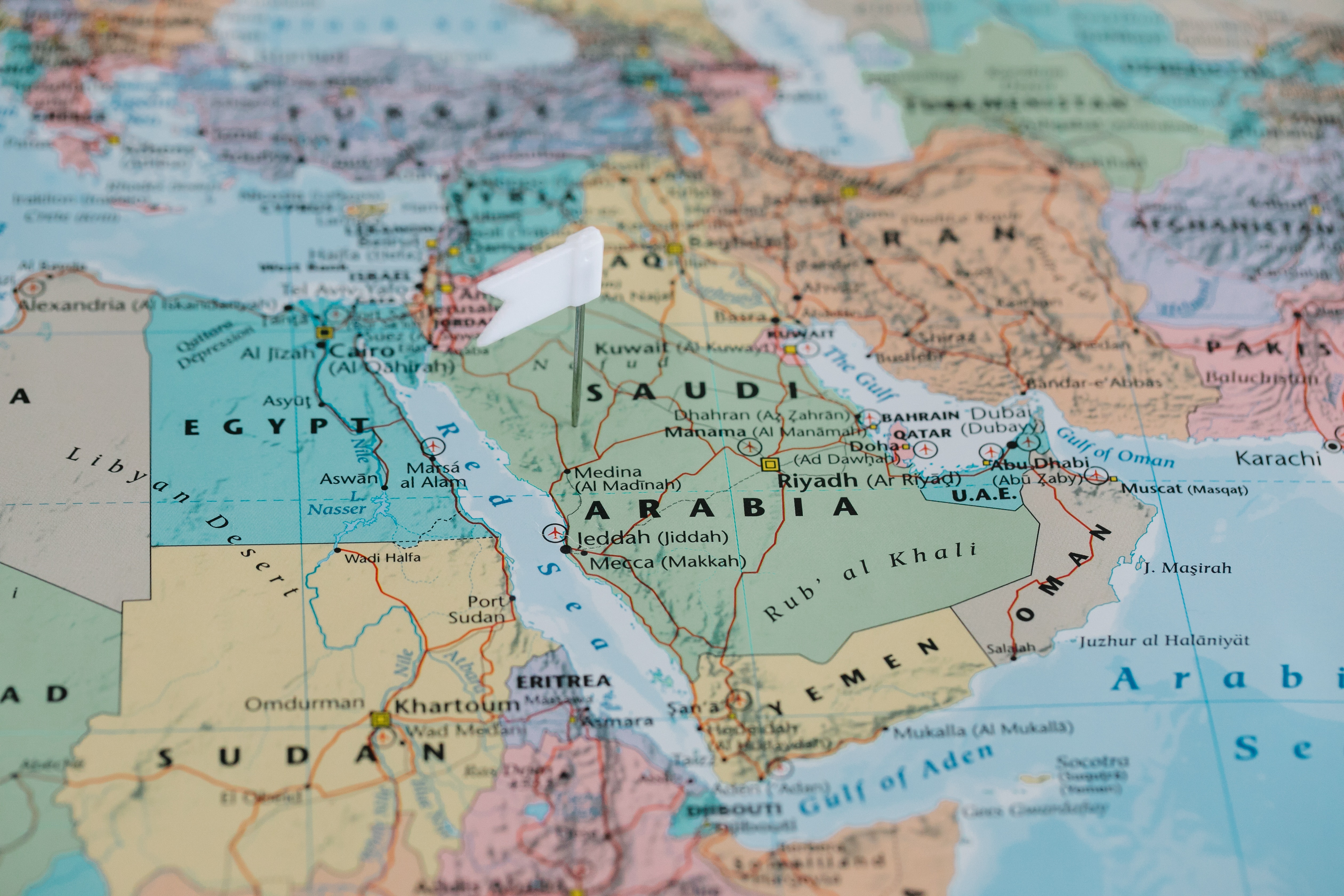
403
Sorry!!
Error! We're sorry, but the page you were looking for doesn't exist.
Fall of Bashar al-Assad's regime in Syria sends shockwaves throughout Middle East
(MENAFN) The fall of Bashar al-Assad's regime in Syria has sent shockwaves throughout the Middle East, offering the possibility of significant change in the region. For Iran, this marks another major blow to its regional influence. The collapse of Assad’s dictatorship is the third major setback for Tehran's strategy of supporting anti-Israel militias. Along with Hezbollah's setbacks from Israeli strikes and Hamas's near destruction, Iran’s position is becoming increasingly precarious. If Hezbollah’s vital supply routes through Iraq and Syria are cut, its operations could face crippling difficulties. For Iran, the situation is dire. The fall of three key pillars of its regional power—Assad’s regime, Hezbollah, and Hamas—has left the mullahs vulnerable both internally and externally. The regime faces widespread dissatisfaction at home due to economic struggles, social unrest, and ethnic tensions. This instability could lead to further internal conflict, particularly if the leadership of Iran’s military forces begins to collapse. The fall of Assad's regime has shown that even seemingly stable authoritarian regimes can disintegrate suddenly.
Externally, Iran’s position is the most fragile it has been since the 1979 revolution. Israel has successfully targeted Iranian military assets, including the S-300 air defense systems, ballistic missiles, and parts of its nuclear weapons program. Israel now has a historic opportunity to eliminate large parts of Iran’s nuclear ambitions, making the region safer from the long-standing threat of nuclear proliferation. Iran’s internal instability could be exacerbated by the loss of billions spent on failed proxy wars and the nuclear program, leading its citizens to question the regime’s priorities. If Israel, with U.S. support, manages to cripple Iran's nuclear capabilities, it could deal a major blow to the regime's legitimacy and undermine its domestic political stability.
Russia, another major player in the region, faces significant losses due to its involvement in Syria. The Kremlin, distracted by its ongoing war in Ukraine, has been unable to adequately support its ally in Damascus. The loss of the Tartus naval base and the Latakia air base in Syria, key to Russia’s influence in the Eastern Mediterranean, could severely weaken Russia’s position outside the Black Sea. Recent satellite images suggest that Russia may be preparing to withdraw from these bases, further diminishing its regional influence and impact on NATO. In summary, the downfall of Assad is a pivotal moment, significantly weakening Iran and Russia's regional strategies, while presenting Israel with an opportunity to secure the region from Iranian nuclear threats.
Externally, Iran’s position is the most fragile it has been since the 1979 revolution. Israel has successfully targeted Iranian military assets, including the S-300 air defense systems, ballistic missiles, and parts of its nuclear weapons program. Israel now has a historic opportunity to eliminate large parts of Iran’s nuclear ambitions, making the region safer from the long-standing threat of nuclear proliferation. Iran’s internal instability could be exacerbated by the loss of billions spent on failed proxy wars and the nuclear program, leading its citizens to question the regime’s priorities. If Israel, with U.S. support, manages to cripple Iran's nuclear capabilities, it could deal a major blow to the regime's legitimacy and undermine its domestic political stability.
Russia, another major player in the region, faces significant losses due to its involvement in Syria. The Kremlin, distracted by its ongoing war in Ukraine, has been unable to adequately support its ally in Damascus. The loss of the Tartus naval base and the Latakia air base in Syria, key to Russia’s influence in the Eastern Mediterranean, could severely weaken Russia’s position outside the Black Sea. Recent satellite images suggest that Russia may be preparing to withdraw from these bases, further diminishing its regional influence and impact on NATO. In summary, the downfall of Assad is a pivotal moment, significantly weakening Iran and Russia's regional strategies, while presenting Israel with an opportunity to secure the region from Iranian nuclear threats.

Legal Disclaimer:
MENAFN provides the
information “as is” without warranty of any kind. We do not accept
any responsibility or liability for the accuracy, content, images,
videos, licenses, completeness, legality, or reliability of the information
contained in this article. If you have any complaints or copyright
issues related to this article, kindly contact the provider above.


















Comments
No comment